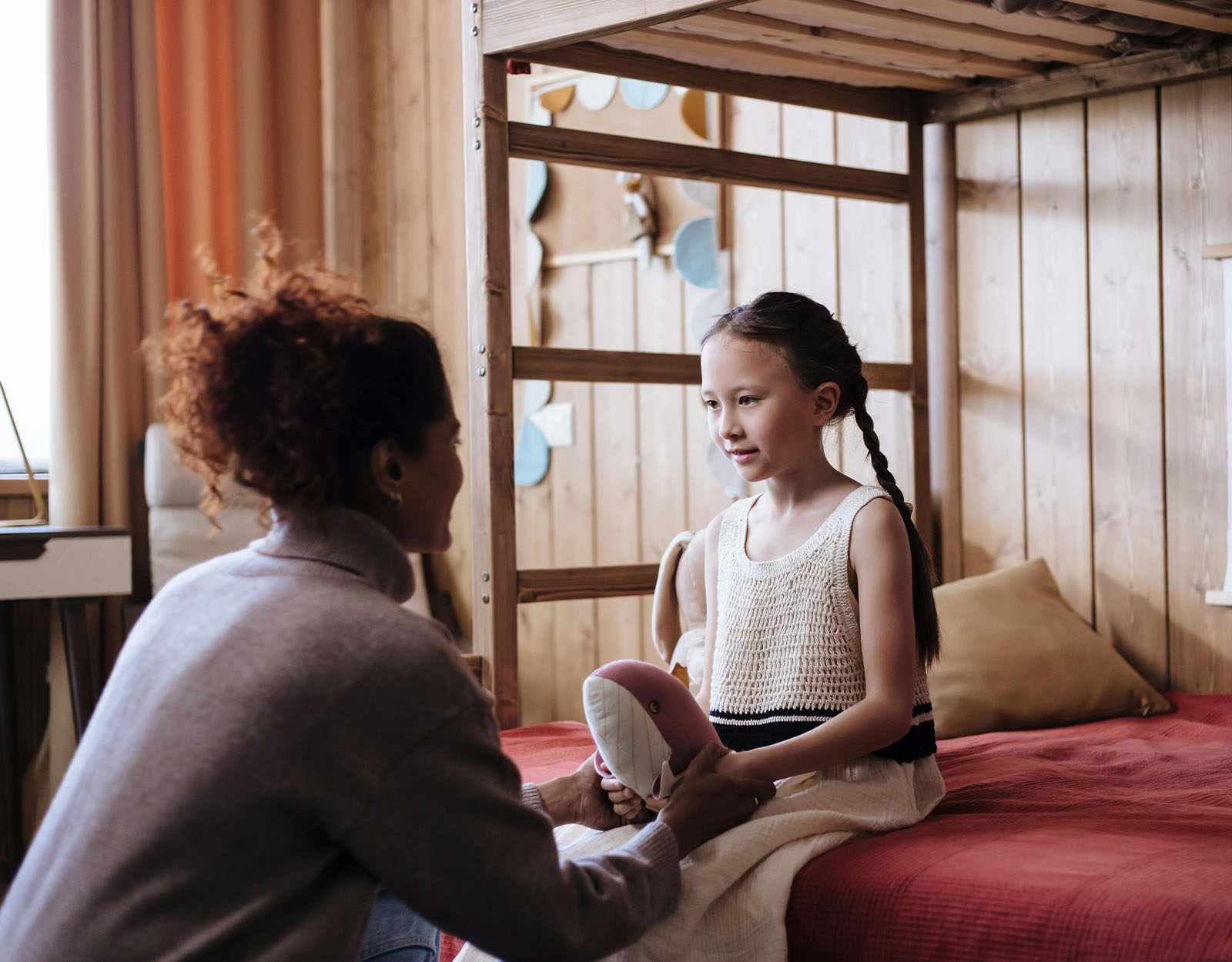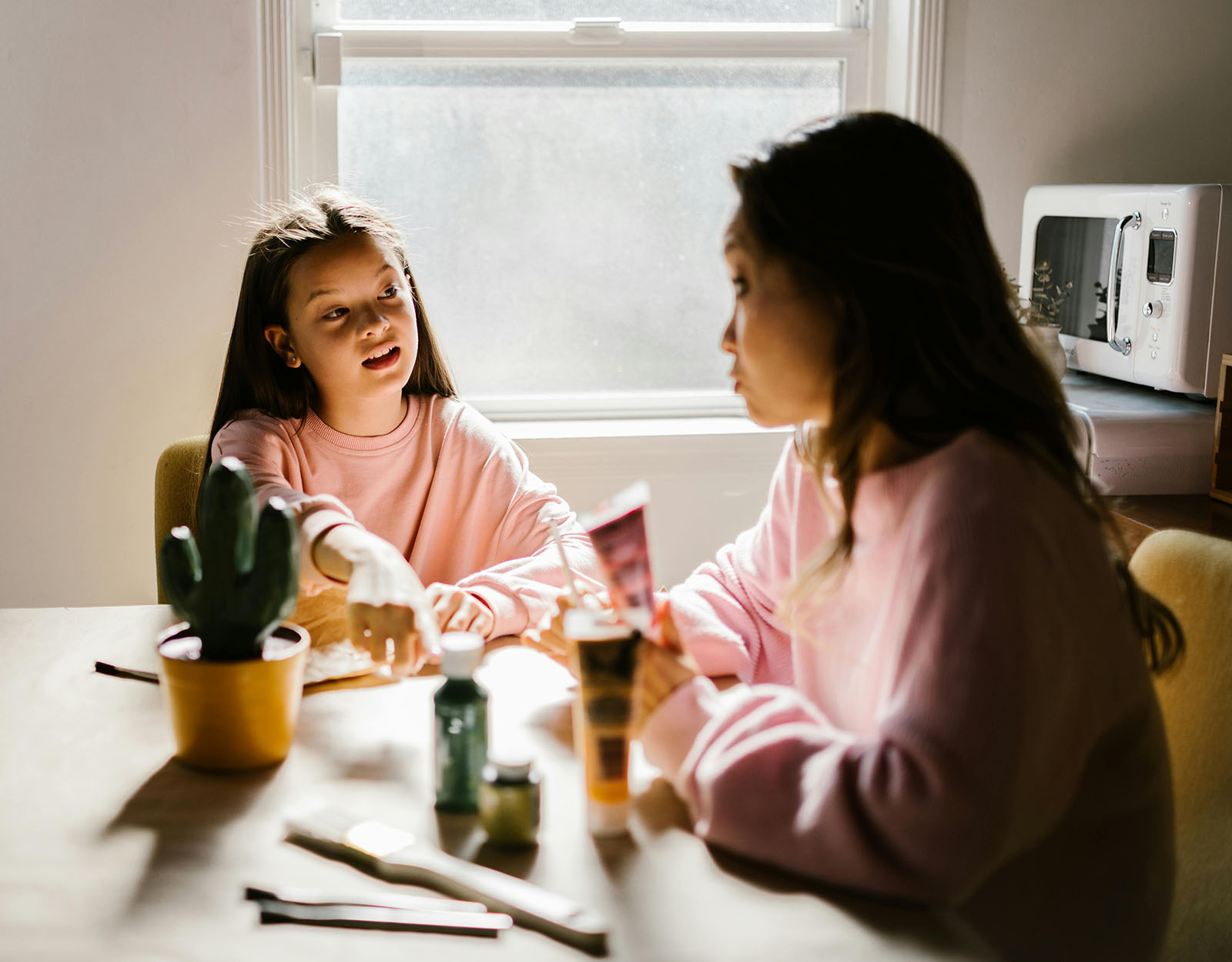Real Talk
How to Talk to Your Kids About Toxic Family Relationships
A toxic relationship in the family, especially in Filipino culture, usually comes from extended members of the family who are high on the hierarchy.
While it’s normal for families to fight occasionally, it’s tiring and toxic to deal with the aggravation and the person who starts these fights.
But the way these people start fights is a bit muddled; it’s not via the usual direct flinging of accusations. Instead, it’s through unnecessary and uncalled-for comments (known as “pot shots”) or backhanded compliments—which is generally a very passive-aggressive approach.
To make things worse, the person who says it is usually higher on the family hierarchy like a grandparent, an older sibling whose grandparent’s favorite, etc. and they’ve been doing it for so long that the best solution the whole family’s come up with is to “ignore” them. Engaging them doesn’t usually result well because the story can easily twist the victim into becoming the aggressor.
But we don’t want to pass that hatred to our kids. These people have hurt us, not our kids. However, we don’t want our kids to learn such crude behavior, nor do we want them to continue the cycle. Instead, we want to teach them how to protect themselves against it.

1. Hang out with friends before talking to the kids about it.
What we don’t usually talk about after cutting off family members or explaining why the fight was toxic to our kids is the short-term loneliness we feel. It’s absolutely normal; we’ve just pulled ourselves out of something so stressful. And it feels weird when they’re not there as our adrenaline starts to resume to normal levels.
But at the same time, we’re raised to identify with our families. But what if we don’t condone what they do?
Having close friends helps! These are probably the friends who have gone through life and parenting with us. The best part is, they probably went through the same thing we did. We’ll rant, drink a few espressos over it, go on retail therapy, and then we’ll be calm enough to explain things to our kids. They might even come up with better ways to explain the complex issue to our kids!
However, this doesn’t mean using our friends as therapists. They’re there to support us and make sure we don’t hurt ourselves as we process our feelings. We need to return the favor when they themselves are going through problems by lending a listening ear, showing support, and helping in whatever way we can.
2. Avoid backstabbing them to our kids.
When these family members insult us or make unnecessary comments about us in front of other people, we’re left with all these toxic feelings inside that we just want to let out or fight out. But it’s not our kids’ job to help us process that. Instead, show and explain to them how you’re dealing with the hurt.
Something like, “We would have liked to stay with grandma or grandpa (or whoever the family member is) longer. But we’re not comfortable with what they said. We want you to know that if anyone ever says something you don’t like, you can walk away.”
The kids will definitely ask what it is they said that we didn’t like. But if we’re not comfortable with telling them right away, take a deep breath and hold our silence for a bit. Their asking can break a dam of feelings wide open and they don’t need that. Give ourselves a few seconds and if we’re still not ready, we can say something like, “It’s hard for mommy or daddy to say. Give me a minute.”
Once we’re ready, tell them exactly what we’ve heard and explain that it’s something we don’t want in our family. The kids will ask why and that’s when the old moral lesson comes in handy. Explain simply, “We didn’t like what they said because it made us feel bad. And we believe that if it makes us feel bad, it’s something we should not say. If we only have something bad to say, we prefer to say nothing at all.”
3. Don’t fall into the trap of the family using our own kids to guilt-trip us.
What some relatives do, to escape accountability is to ignore the firestarter, or maintain the peace. They can even guilt-trip us by using our kids’ need to know these “family members” against us!
But that’s the beauty of being a parent: we have the right to choose whether or not these people are good for our kids’ character development. At least while they’re still minors.
We may be used to taking and rolling with the punches from these people but our kids are not. We are their sworn protectors and it’s our job to draw that line. It’ll anger some family members for sure and they’ll accuse us of “raising our kids to hate them.” But let’s be honest—they kind of did that themselves.
So don’t rise to the bait; instead, show our kids how we can just shrug and say “okay” before walking away. That one-word response doesn’t mean we’re maintaining the peace. It means we’re allowing them to be okay with their sense of reality while not letting them impose on ours.
4. Talk it over with your spouse or partner.
Nothing’s worse than having a spouse or partner who doesn’t have our backs. But that isn’t always the case! They don’t intend to dismiss our feelings—they’re just solution-oriented!
But communication is key. A short, “I don’t need your logic and your advice right now. Just (insert what you need here, whether it is a hug, some food, or even just their presence).” makes it easier for our spouses or partners to figure out how to help us. It also saves us the stress of feeling that they don’t care when they’re actually trying to figure out how to care.
If we’re the ones in their position, it’s important to be aware that as the in-law, they probably treat us a little bit better since they know that we’re someone else’s child.
5. Apologize to our kids if we’re getting too toxic.
There’s no one best way to deal with a toxic family member who starts fights. Sometimes, their comments are so bad that we just lose it.
While our feelings are not wrong, it’s how we handle them that counts. Why? It speaks volumes of who we are as a person and how we raise our family. Of course, there’s no one surefire and 100% correct way to deal with things. We win some and we will lose some so, it’s good to at least apologize to our kids to show how we take accountability for our mistakes and that there will always be a better way to settle things.

Family is a child’s first window to society and we as parents are our child’s models!
While family sheds light on how the world behaves, parents demonstrate how to respond and interact with the rest of the world. If we don’t show them how to handle toxic family members as early as now, then they won’t know how to handle toxic people in the future.
Although we’ve seen many people cut off their own family members, we have to remember that it was a last resort. The family card can only be played for so long.
Because the more we tolerate it, the more we are teaching our kids that it’s okay to treat people badly just because we’re stressed, angry, traumatized, or worse—if we have accomplished more. Conversely, we’re showing them that it is okay to just take in all that abuse. And that’s not right.
More about handling toxic family relationships or fights?
Understanding What is “Toxic” in Filipino Family Culture
How Utang na Loob Made Filipino Families Toxic
Being a People Pleaser: How Love Becomes Toxic





